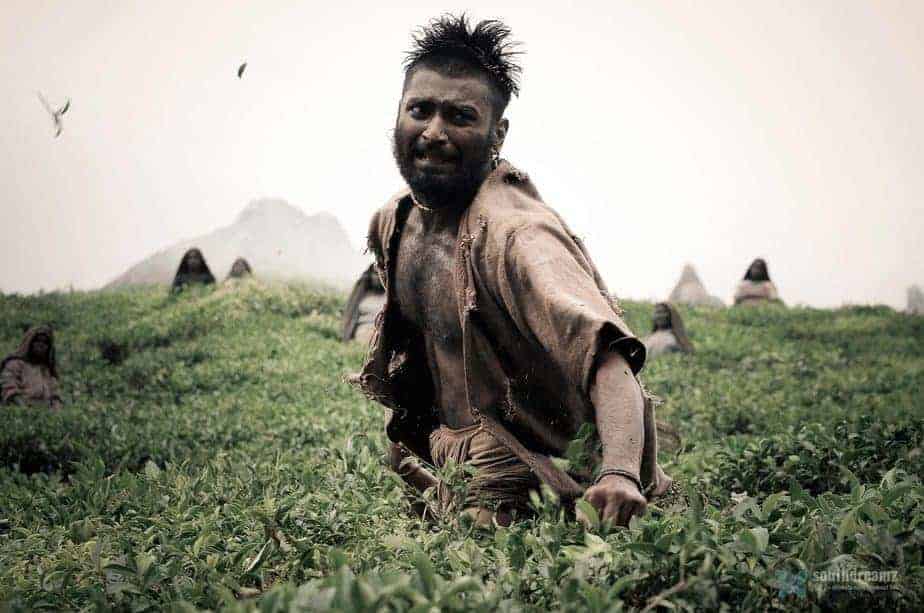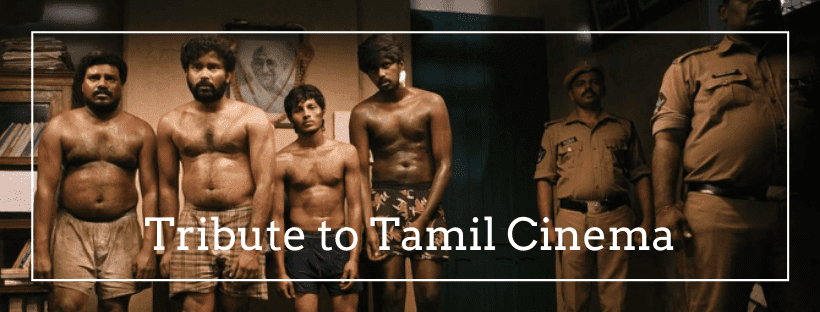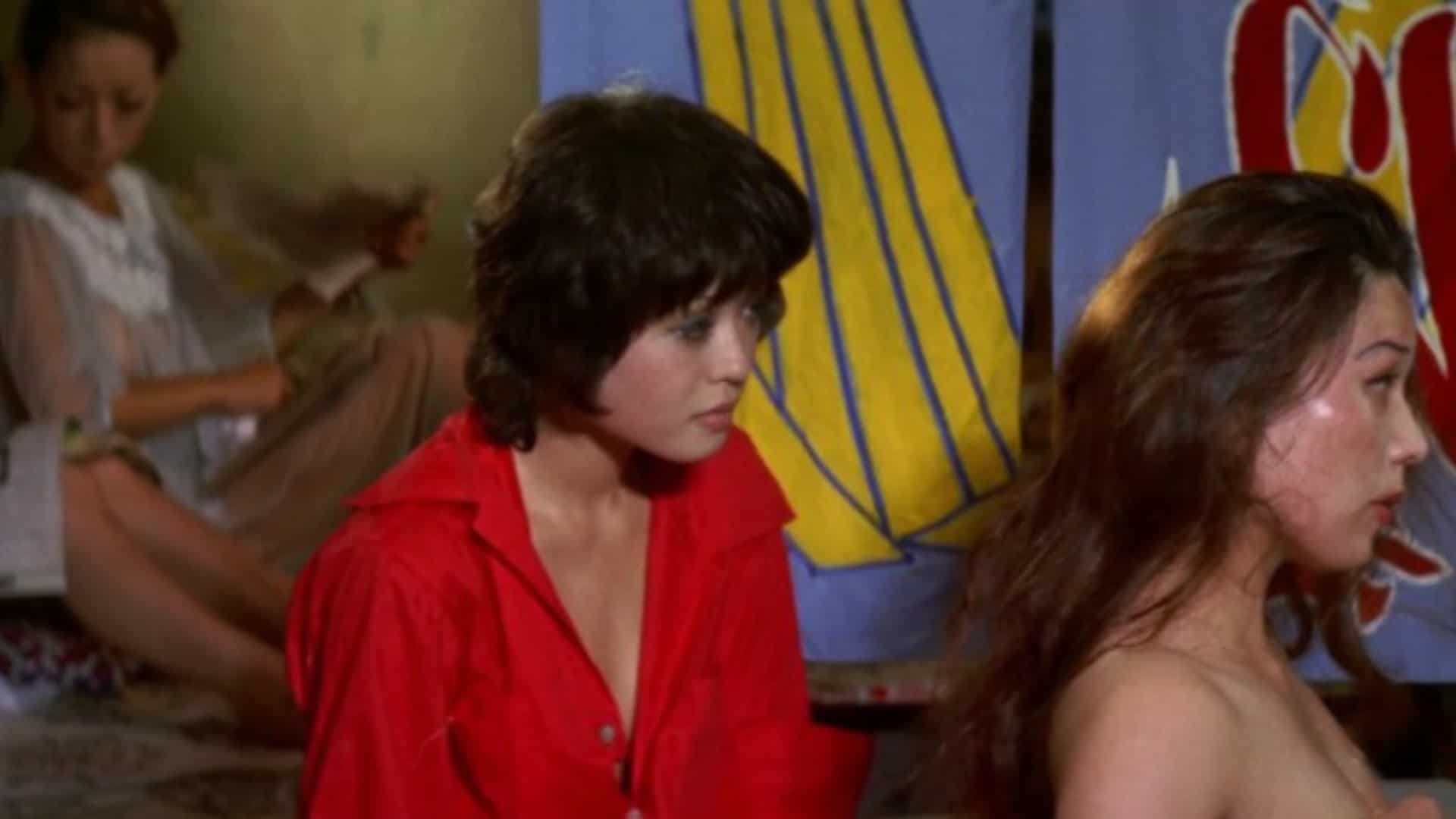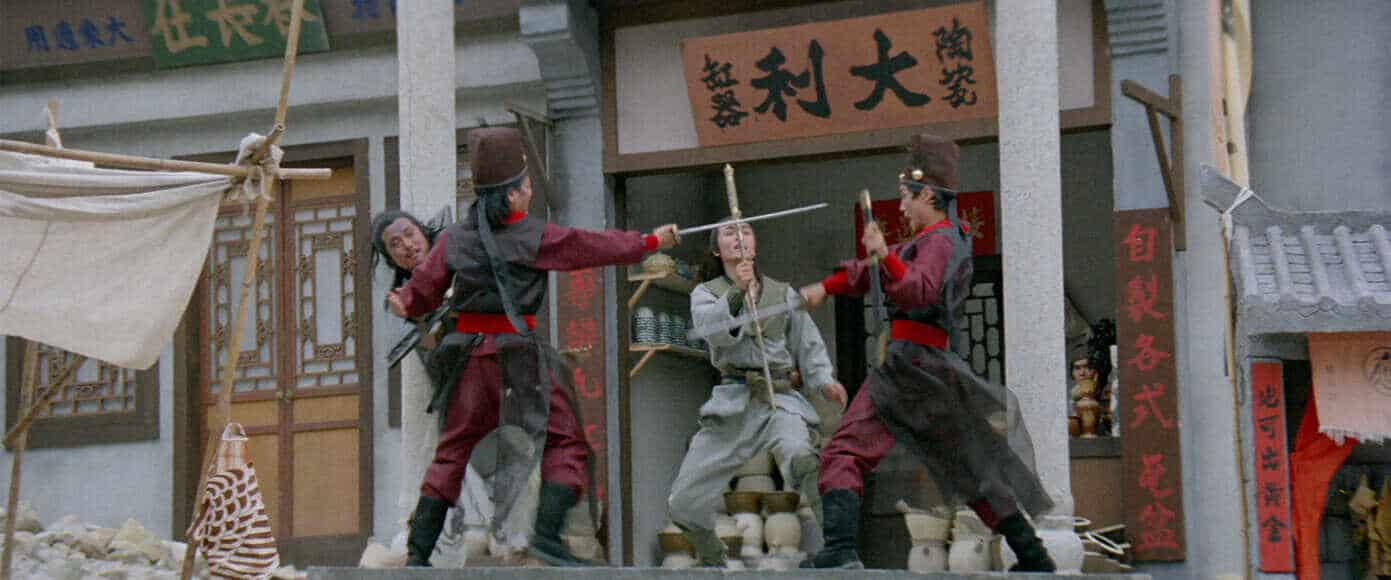This week has been one for first times, since, after watching my first Mongolian film, “Shift”, I also caught my first Tamil Nadu one, and I have to say I am impressed “Vagabond”, a film that starts as a light-hearted comedy but soon transforms into a shuttering drama. The script is based on “Eriyum Panikadu”, the Tamil translation of English novel “Red Tea” by Paul Harris Daniel and inspired from real life incidents that took place before independence in the 1930s.
“Vagabond” screened at International Film Festival Rotterdam

The story revolves around Rasa, a young man who is considered the village clown by the rest of the residents of a rural village in the Madras Presidency during the early days of the British Raj, who call him bin picker and constantly laugh at him. Rasa is an orphan and is being brought up by his grandmother. Angamma, a local girl falls for him, but her behaviour shows the exact opposite in the beginning, as she constantly bullies him. Eventually she confesses her feelings and the two become a couple, despite the strong protests of Angamma's mother.
Rasa, in order to prove that he is capable, goes to a nearby village in search for a job, but ends up bringing Kangaani, the caretaker of a British tea plantation to his village, who persuades a number of the villagers and their families to abandon their place for a year and work for him, in exchange for large sums of money. A number of them, including Rasa who leaves a heartbroken Angamma behind, follow Kangaani, but soon discover the hellish circumstances of the plantation, with the British owner even demanding his share of women from the group, while Kangaani seems to do not intend to ever let them go, by exploiting their lack of knowledge about money and their peaceful nature.
Bala directs a film that begins as a comedy, with Rasa's “tortures” in the village, and particularly the ones instigated by Angamma, being rather hilarious, as is the case of his relationship with his grandmother. After the setting changes to the plantation though, the movie transforms into a heart-breaking melodrama, in a truly onerous setting, where the even remotely happy moments are very few and very far apart. The non-stop work, the violence, which eventually leads Kangaani's henchmen cutting one of Rasa's fibulae when they catch him trying to escape, the rapes, the tricks to keep the villagers there, and an eventual epidemic shape a setting where hope is nowhere to be found.
Through these circumstances, Bala makes a direct accusation towards the Raj and its tactics, and towards the Indian men-between, who exploited their compatriots to gain the favor of the British. The first aspect is presented in rather pointy fashion in the sequence with the doctor and his assistant, who are supposed to treat the villagers dying from the epidemic but instead offer Christianity and dancing, in a rather ironic succession of scenes which is among the best in film. At the same time, there is an accusation towards the villagers, who are illiterate, ignorant, gullible, and have no collective mentality in order to exploit their numbers and break free from their slavery. Some excuses do exist, though, with their poorness and the remoteness of the place they live.
Rasa seems to embody all of the aforementioned flaws to the highest degree, with Atharvaa giving a great performance as a man too ignorant to understand what is happening to him until it is too late. His acting in both the comic and the dramatic scenes is outstanding, with him anchoring the film in the best fashion. The same applies to Vehicka as Angamma, although in a much smaller part, while Jerry as Kangaani makes for a great “villain.”
Chezhiyan's cinematography is another of the film's best assets, with him portraying scenes of incredible beauty, both in the village, the savanna of the trip and the plantation, despite the horrible events that take place there. His technique of using tinted colors to the point that the movie seems like a black-and-white film, at times, suits the general aesthetics quite nicely, and stresses the fact that the story takes place in the past. Along with G. V. Prakash Kumar's music, which, as is one of the tendencies in Indian film, highlights the feelings of the characters and extends the story, functioning as a sort of narration, “Vagabond” frequently appears as an impressive music video, with the combination of image and sound capturing the circumstances to perfection. Kishore Te and L.V. K. Das's editing allows the film to flow smoothly and in a relatively fast speed, despite its melodramatic nature. In that fashion, the production appears much smaller than its 126 minutes would suggest.
“Vagabond” is a film filled with a number of traits, and a great introduction to the Tamil Nadu cinema that definitely deserves a watch.


















You mentioned this is your first Tamil movie I am glad you start with vegabond(paradesi). Please do write more reviews of different Tamil films. Thank you.